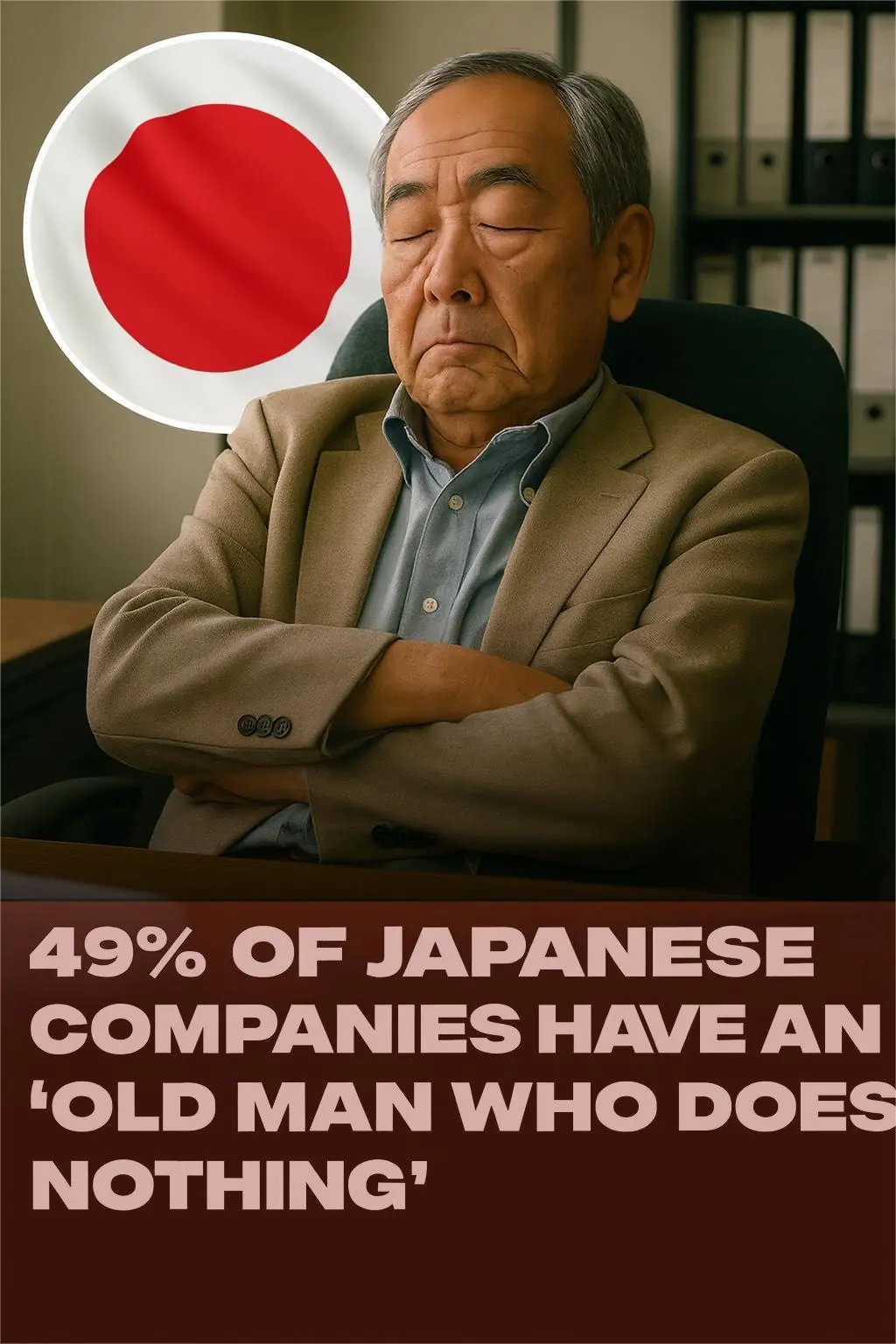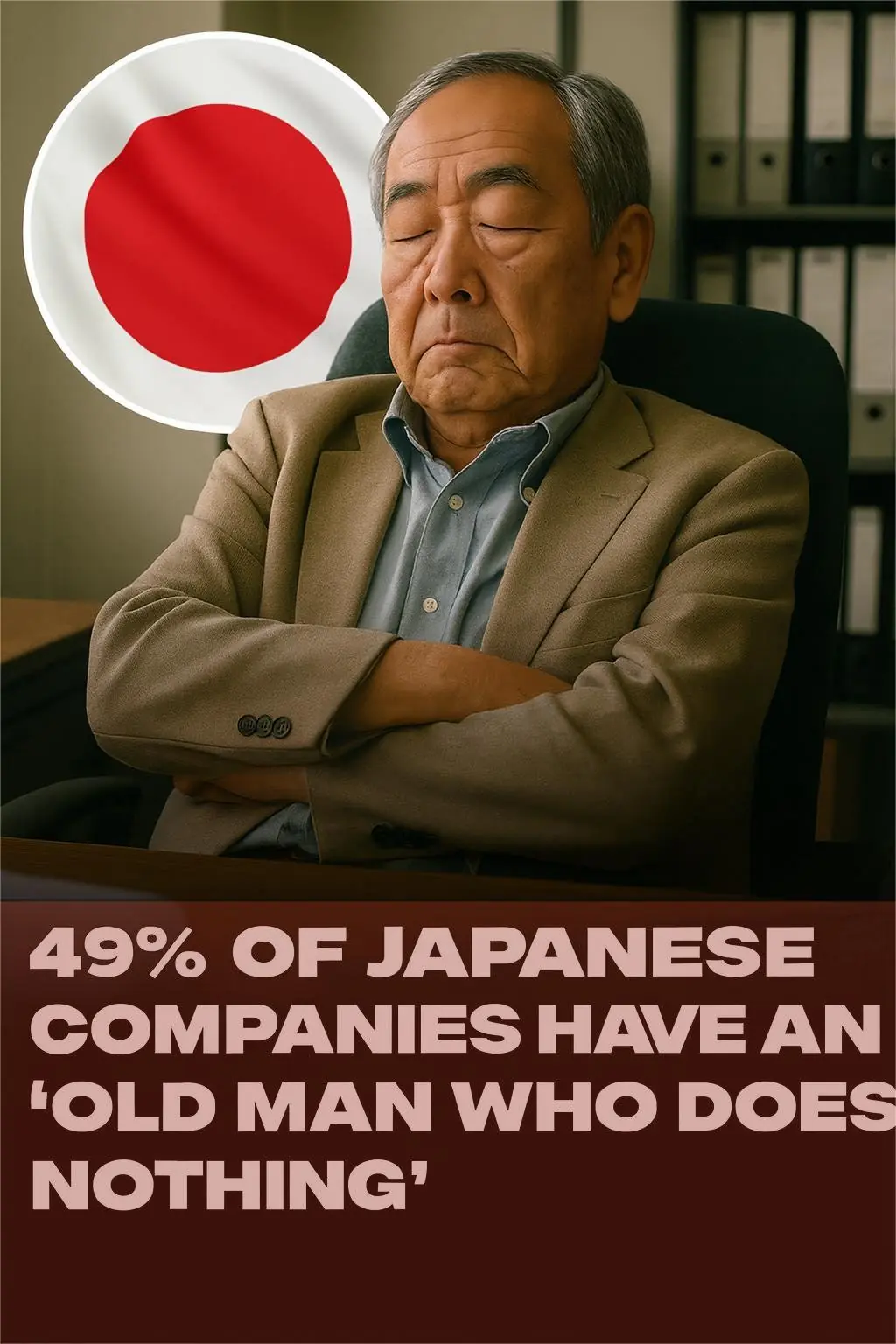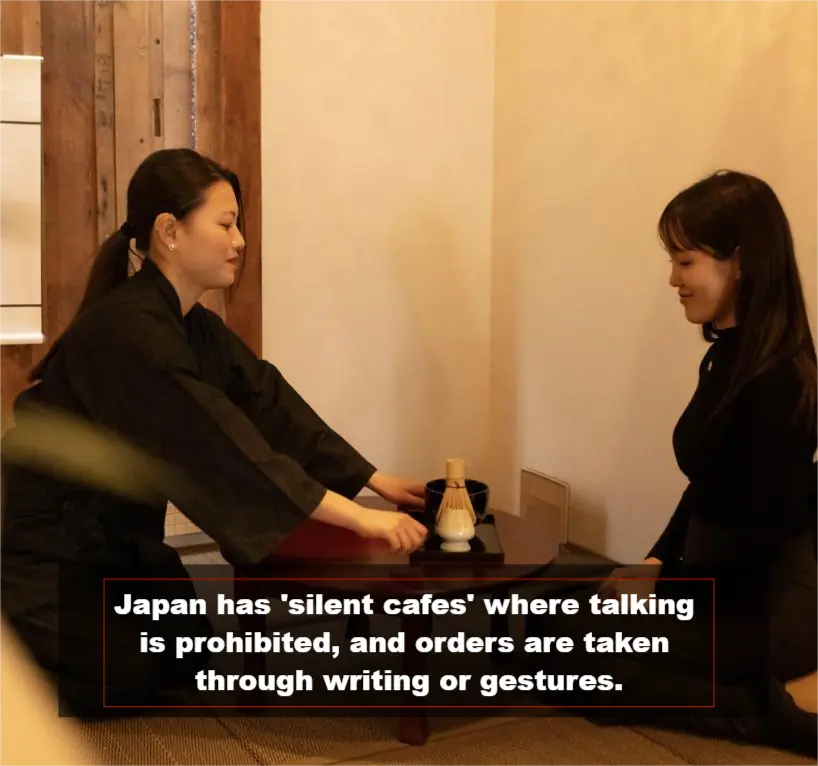
Half of Japanese Companies Report Having an “Old Man Who Does Nothing,” Survey Finds
A recent survey by Tokyo-based consulting firm Shikigaku has shed light on a curious workplace phenomenon in Japan: the so-called “old man who does nothing.” According to the study, nearly 49 percent of employees in their 20s to 30s reported that their company had at least one older male colleague who seemed to contribute little to actual work.
A Common Workplace Observation
The phrase does not literally mean that these employees never work, but rather that they are perceived by younger colleagues as disengaged or unproductive. Respondents described behaviors such as taking frequent breaks, spending extended time chatting, browsing the internet instead of working, or staring blankly at their desks.
The survey focused on companies with over 300 employees, and all respondents were under the age of 40. This means the findings reflect the perceptions of younger generations in larger corporations, rather than being a complete picture of Japan’s workforce.
Cultural and Structural Roots
Experts suggest that Japan’s traditional seniority-based employment system may partly explain the phenomenon. In many firms, older employees retain their positions and salaries even if their responsibilities decrease over time. This system was originally designed to reward loyalty and long-term service, but it can result in a mismatch between pay, expectations, and output in today’s changing corporate environment.
The use of the Japanese term “ojisan” (middle-aged or older man) in the survey underscores that the label is more about perception than a fixed age group. What one worker sees as idleness may, in some cases, be tasks or roles that are less visible to younger colleagues.
Not Just a Joke
While the phrase “old man who does nothing” has been used lightheartedly in Japanese media, the survey points to deeper concerns about workplace productivity, generational differences, and corporate reform. Younger employees, who often face heavier workloads, may view the seeming inactivity of older colleagues as a sign of inefficiency or inequality.
At the same time, the results highlight the need for companies to better define roles, create opportunities for meaningful contributions at all career stages, and move away from outdated employment models that prioritize seniority over performance.
The Bigger Picture
Japan is already grappling with an aging workforce and declining population, making it more important than ever to harness the potential of older employees. While nearly half of younger workers say their companies have “old men who do nothing,” the challenge lies in transforming this perception—by providing clearer responsibilities, retraining opportunities, and creating intergenerational workplaces where experience and energy can complement one another.
News in the same category


The 14-Year-Old Innovator Who Built an AI App to Detect Heart Problems in Seconds
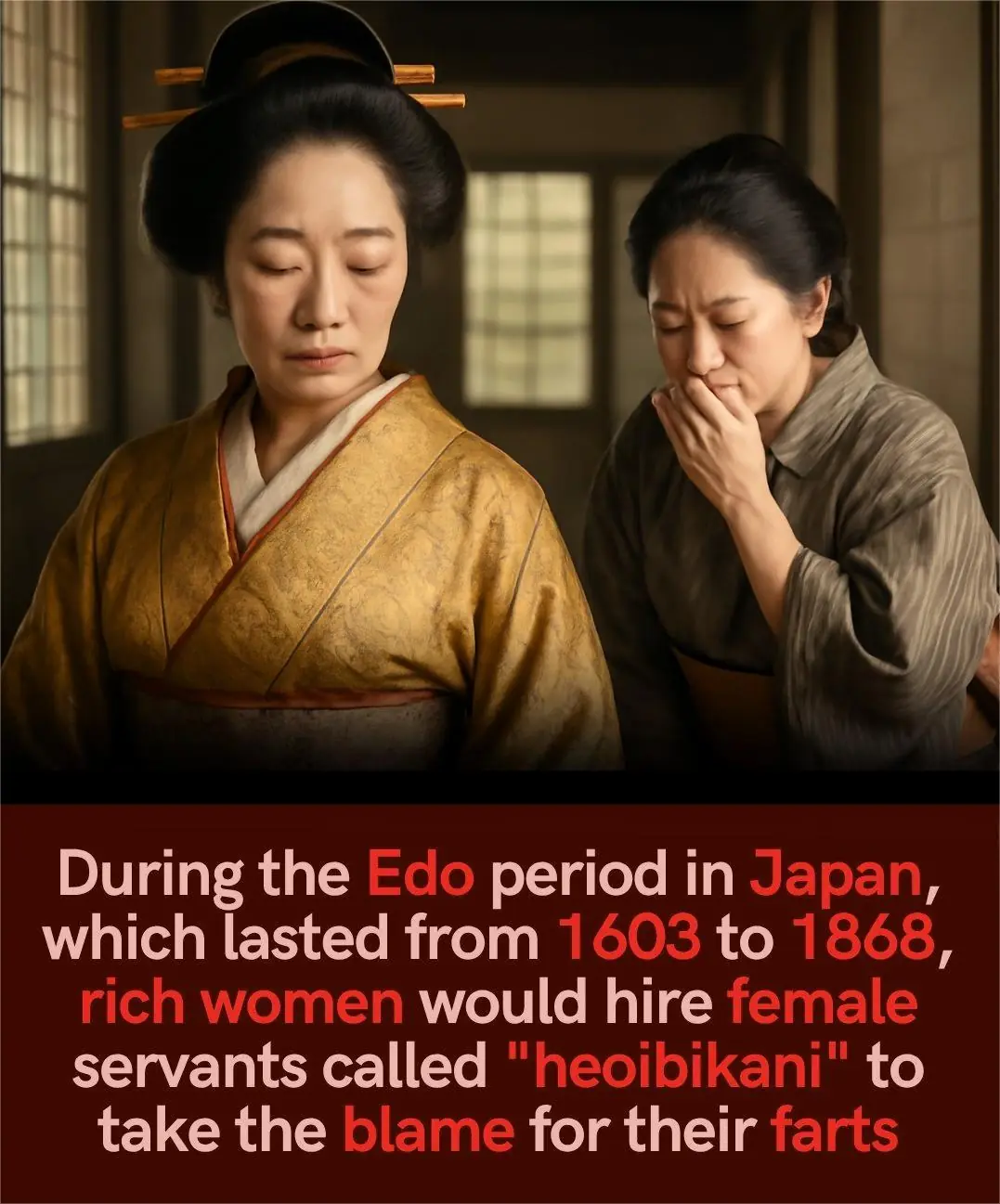
A Curious Tale from Edo Japan: The Servants Who “Took the Blame”

The Quokka: The World’s “Happiest” Animal with a Surprising Survival Strategy
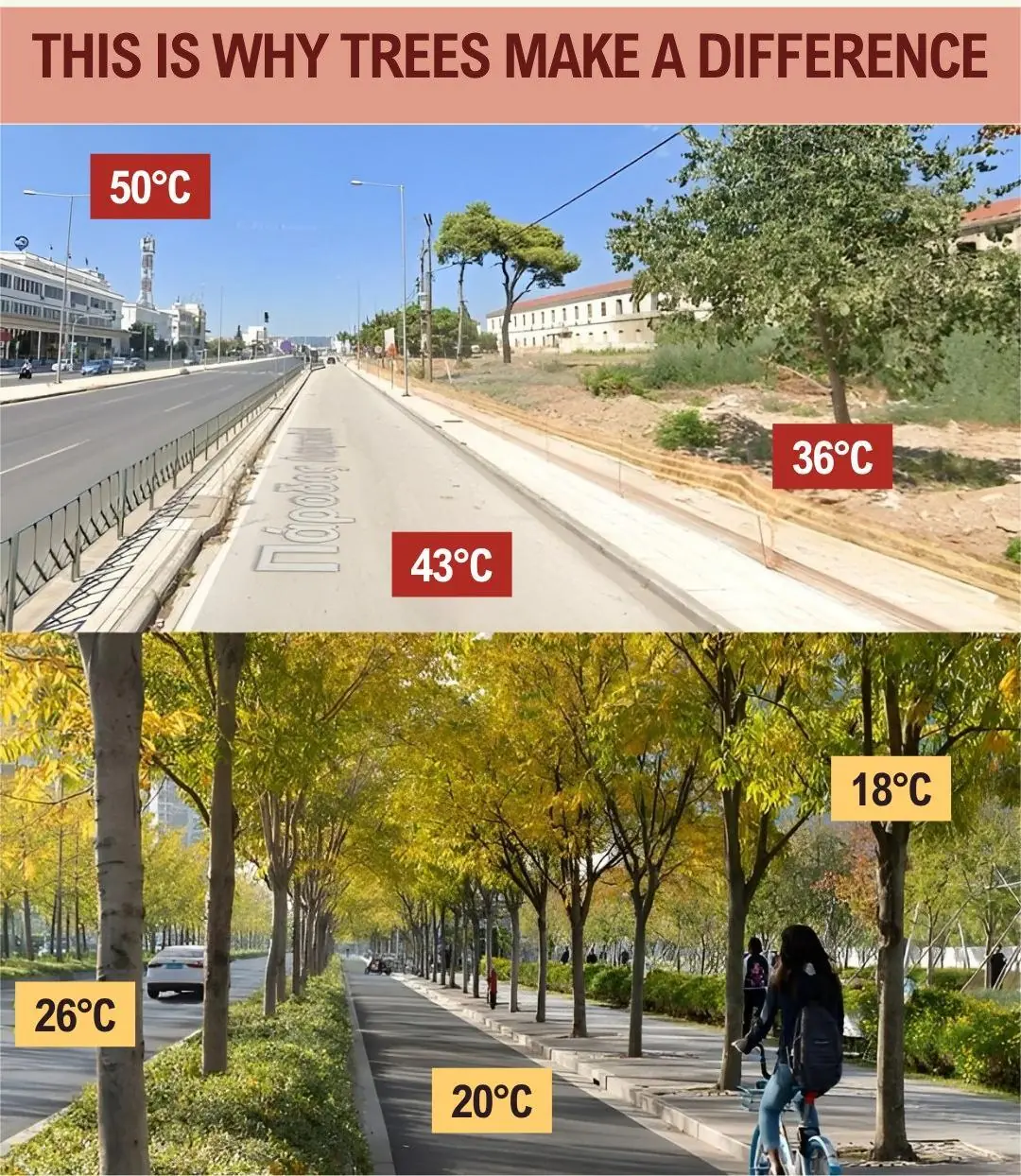
The Silent Cost of Cutting Down Urban Trees

The Buffalo and the Bridge: What a Viral “Huawei Interview Question” Reveals About Business Thinking

China’s Bone Glue “Bone-02” Promises Rapid Fracture Repair in Minutes: A Game-Changer in Orthopedics

Scorpion Venom: The World’s Most Expensive Liquid and Its Promise in Medicine

Russia’s Vast Time Zone Divide: Where Day and Night Collide

Saudi Arabia Unveils Ambitious Qiddiya F1 Circuit with Towering 20-Storey First Corner

Bob the Golden Retriever: The Dog Who Found Family in Eight Birds and a Hamster

Are Cell Towers Harming Our Trees? The Hidden Cost of Wireless Technology

🍫 Chocolate Cream Layer Cake Recipe

First Direct Image of a Sun-Like Star Hosting Multiple Exoplanets Captured
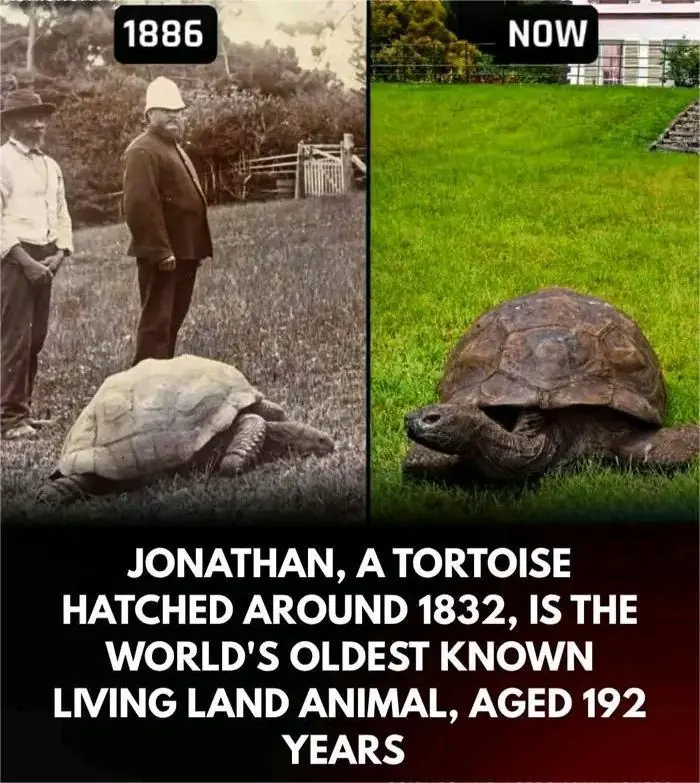
Jonathan the Tortoise: The World’s Oldest Living Land Animal

Elon Musk officially loses title as world’s richest person

Heart surgeon shares four daily habits to avoid for better health

Chilling messages Charlie Kirk’s alleged killer sent to friends following assassination

Canelo vs Crawford: Terence 'Bud' Crawford makes history with victory over Canelo Alvarez
News Post

Japan’s New Silent Café: A Haven of Calm, Connection, and Inclusion

Top 3 Ways to Treat Tooth Decay with Guava Leaves – Simple and Cost-Effective

8 Signs That Your Body Is Crying for Help

Lonely baby raccoon waits on porch after storm

The Surprising Love Call of the World’s Slowest Mammal

Transform Your Health in Just Days: The Unbelievable Benefits of Drinking Clove Water Daily

Foods to Rebuild Knee Cartilage: This Is What You Should Eat!

NEVER Eat Garlic With These 8 Foods—It Can Be DEADLY!

Celery for the Kidneys and Liver: The Natural Cleanser Your Body Will Thank You For

21 Reasons Why Every Home Should Grow a Mexican Mint (Indian Borage) Plant

23 Warning Signs Your Kidneys Are Crying for Help

How to Make a Natural Remedy for Mucus and Chest Congestion: A Simple DIY Solution

10 Natural Ways to Make Mice and Rats Disappear in 60 Seconds (No Poison, No Traps)

13 Alarming Signs of Chronic Kidney Disease (Are You at Risk?)

Taro: The Tropical Treasure Your Kitchen — and Your Body — Will Love

Physalis angulata – If You Find This Plant, Use It Immediately! A True Health Treasure for Your Whole Family

Japan's Oldest Doctor: New Japanese Carrot Secret Reverses Wrinkles Fast After 60 (Easy At Home)

13 Surprising Benefits of Eating Chili Peppers
